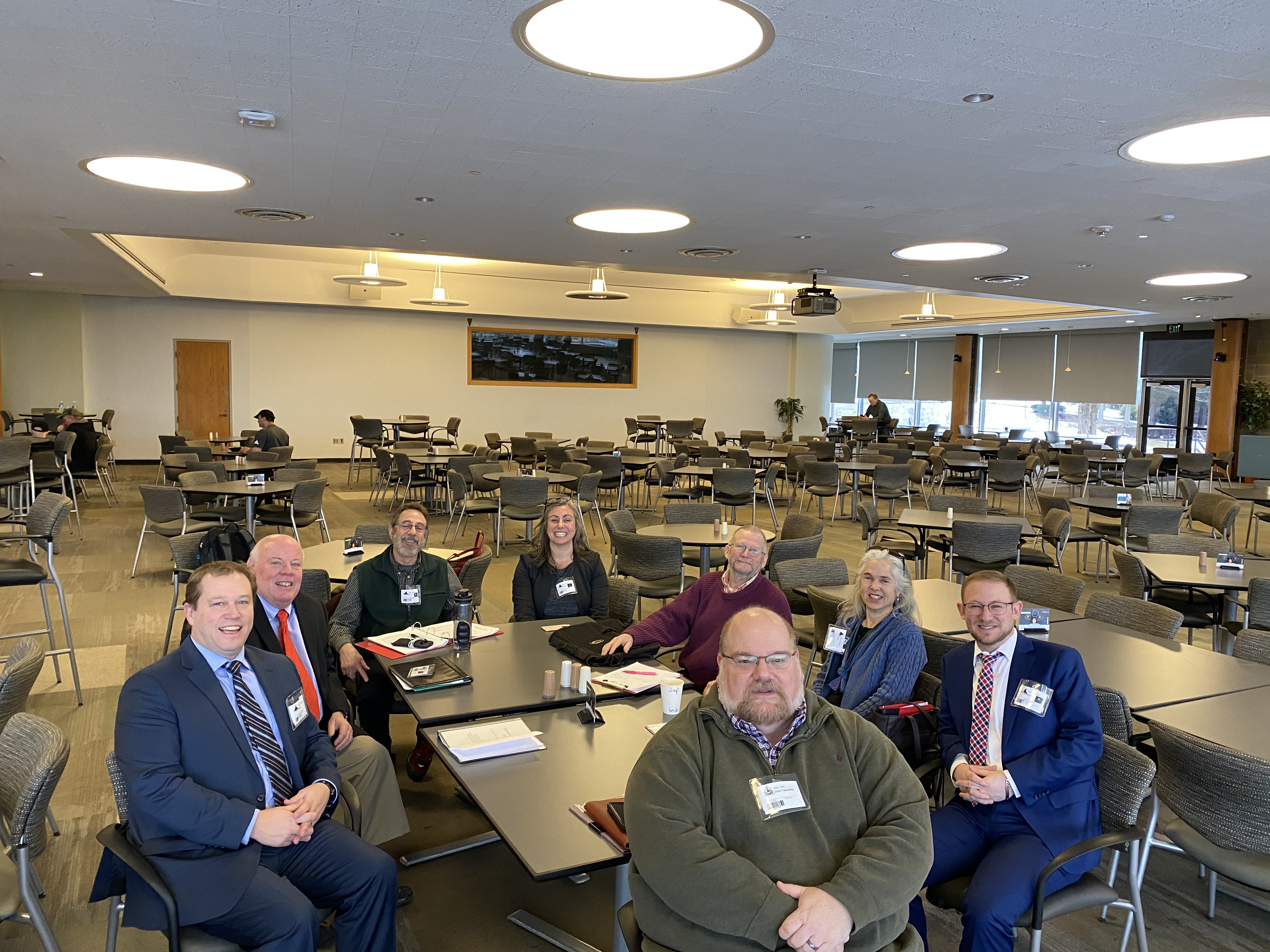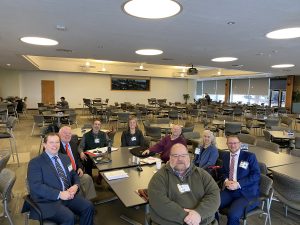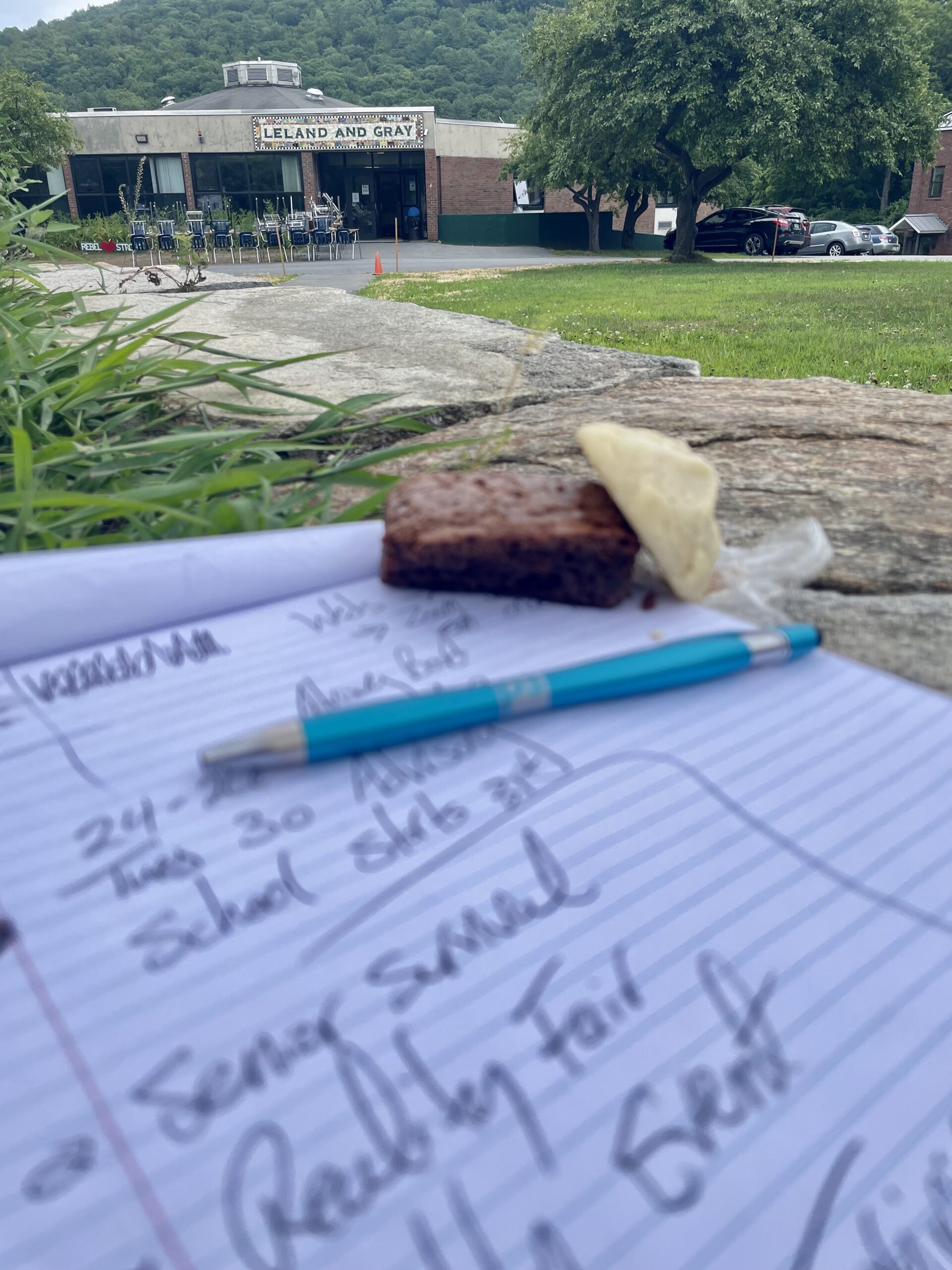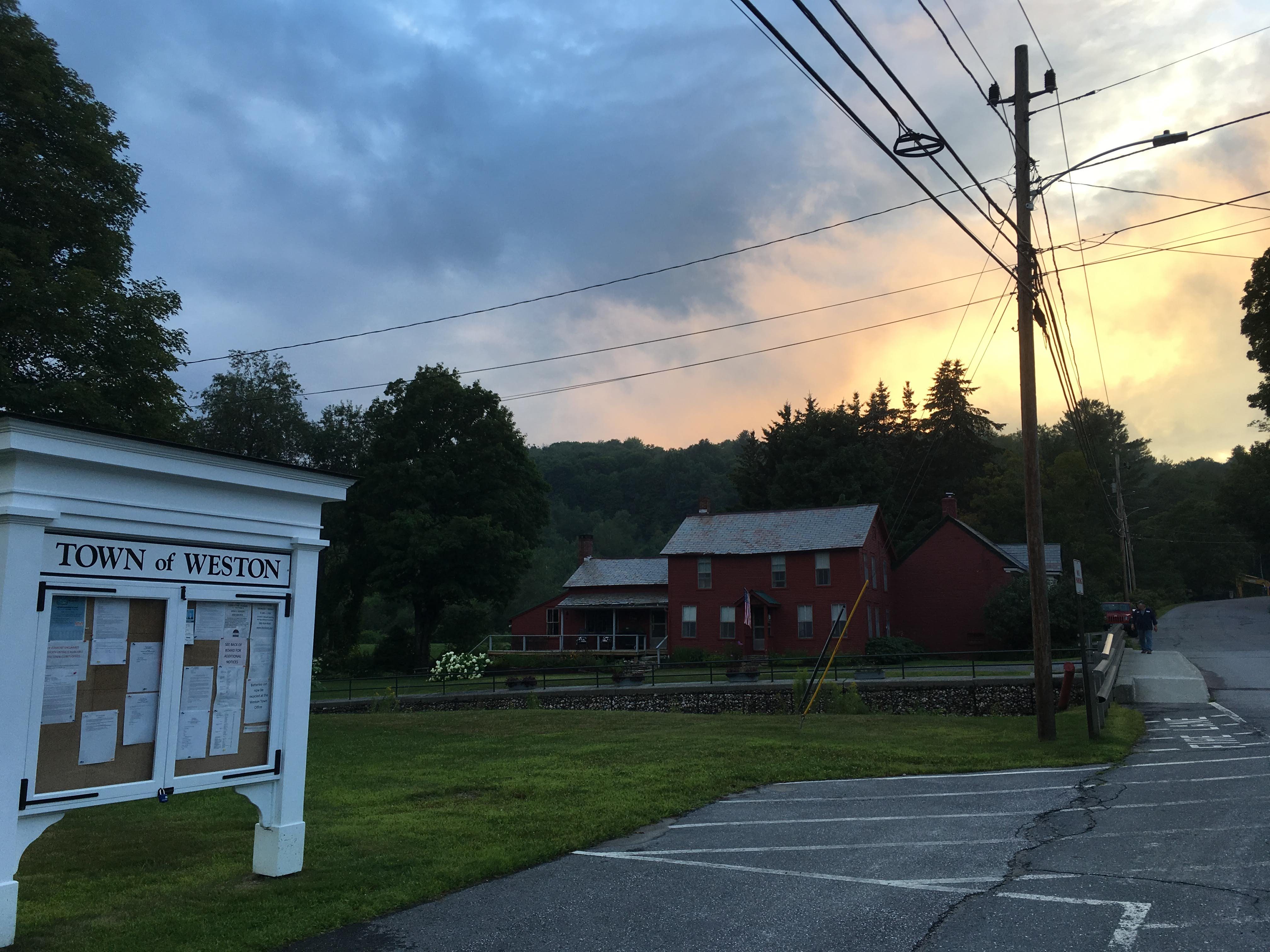
Southern Vermont Working Communities Team Progresses to Planning Phase

Rockingham, VT – On February 3rd, the Working Communities Team of Southern Vermont was invited to progress to the planning phase of the Working Communities Challenge, an initiative of the Federal Reserve Bank of Boston “to support diverse, local collaborative leadership teams to tackle complex challenges facing their communities.” The six-month planning phase consists of a $15,000 planning award, and the opportunity to apply for the full 3-year, $300,000 grant to implement the project.
The team of organizations from Windham and Bennington Counties submitted a proposal to develop a functional immigration and in-migrant support system for Southern Vermont. This initial group consists of the Community Asylum Seekers Project in Rockingham, Bellows Falls Area Development Corporation, Brattleboro Development Credit Corporation, Windham Regional Commission, Bennington County Industrial Corporation, Bennington County Regional Commission, Southeast Vermont Transit, and SIT Graduate Institute.
The group came together to create a shared vision that Windham and Bennington Counties are safe, welcoming, and supportive places for all residents, including legal immigrants, first- and second-generation Americans, and foreign-born workers, students, and families. Through a collaborative network of organizations across-sectors and regions, this core team will expand to develop a robust, inclusive, and sustainable system to provide support to New Vermonters.
Much of this work will be developed around the experiences of the Community Asylum Seekers Project (CASP). This nonprofit organization is located in Rockingham, and over the last few years has welcomed and sponsored a number of asylum seekers to relocate and make their homes in several Windham County towns. CASP executive director Steve Crofter spoke about the relationship between CASP and the Working Communities project, “We’re very excited to be a partner in this initiative. The involvement of all the other players and the resources they bring to the table will make a huge difference in our ability to provide the services our asylum-seeking guests need. At the same time, our experience in bringing asylum seekers into our communities will be beneficial to the Working Communities project as a whole, as we collaborate with the other partners in creating a systemic shift in our region’s ability to welcome, not only asylum seekers, but legal immigrants of all kinds.”
SIT Graduate Institute and Southeast Vermont Transit also have significant experience with immigrant populations. SIT Graduate Institute has a long history of working with refugees, asylum seekers, and other legal immigrants through their international development offices, but also is an international leader in language-learning training for adults. President Sophia Howlett says “SIT works around the world and at home in Vermont to enhance the capacity and commitment of individuals, institutions, and communities to create a more sustainable, peaceful, and just world. As a globally-oriented university, SIT has been welcoming international students and scholars to southern Vermont since the 1960’s, and is thus highly experienced in creating and sustaining appropriate international and cross-cultural learning settings.”
Randy Schoonmaker, CEO from Southeast Vermont Transit, has first-hand experience supporting the visa workers that allow our seasonal businesses to succeed, by providing a service often underappreciated in Southern Vermont; Public Transportation. Schoonmaker states that “our company mission mirrors the values and goals of this initiative. We are well-versed in connecting new residents to essential life functions – jobs, medical care, education, and quality of life trips – since we have been doing this successfully for over 20 years.”
As workforce and population shortages lead to increased economic opportunity and higher wages, this initiative is designed to ensure that any and all peoples have equitable access to becoming happy and successful Vermonters. Southeastern Vermont Economic Development Strategies and Bennington County Regional Commission have spent years researching the impact of population decline, especially among student- and working- aged individuals, will continue to have on our regional economies and communities. The 2019 Comprehensive Economic Development Strategy for Southern Vermont cites increasing the population, including supporting legal immigration, as the number one priority to maintain the economy Southern Vermonters currently rely upon. BDCC Executive Director, Adam Grinold says “Businesses, schools, and social institutions need more workers, students, and volunteers; those seeking economic opportunity and community engagement can find it here in Southern Vermont. We are excited about the opportunity to integrate the SoVermont grassroots-informed CEDS initiatives with these burgeoning regional humanitarian efforts.”
As the planning phase of the grant application progresses, there will be opportunities for other organizations and individuals to provide input and contribute resources. Information about this initiative will be posted at www.brattleborodevelopment.com, and you can contact abeck@brattleborodevelopment.com with any questions.



